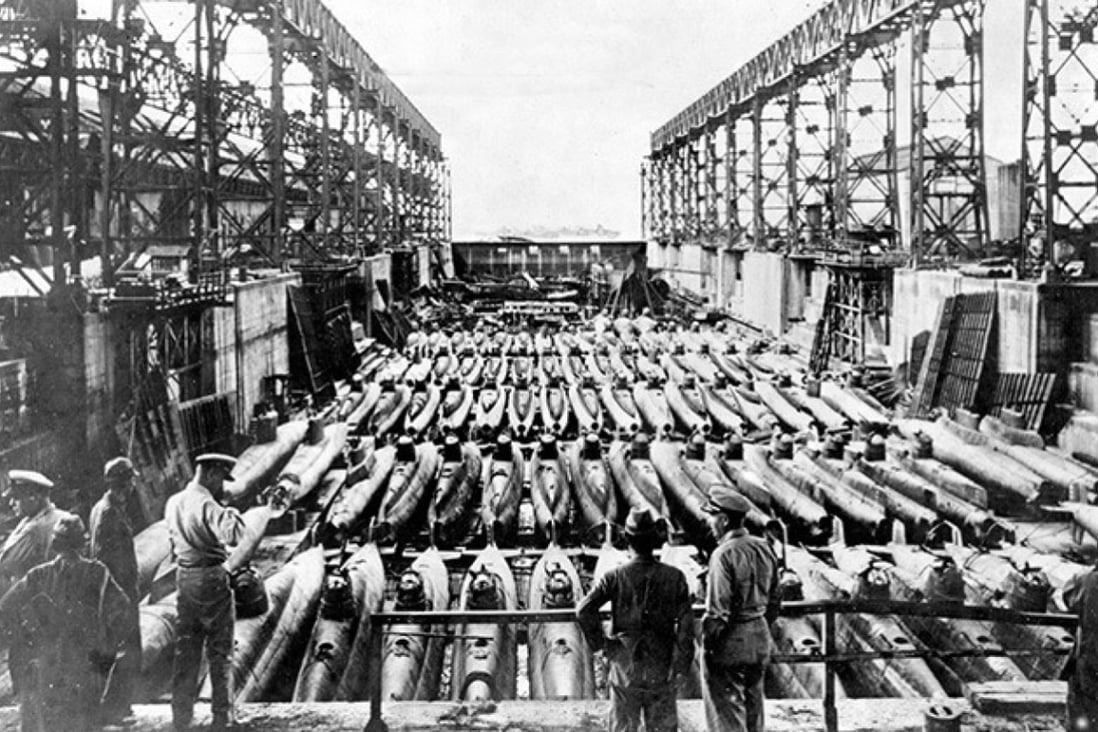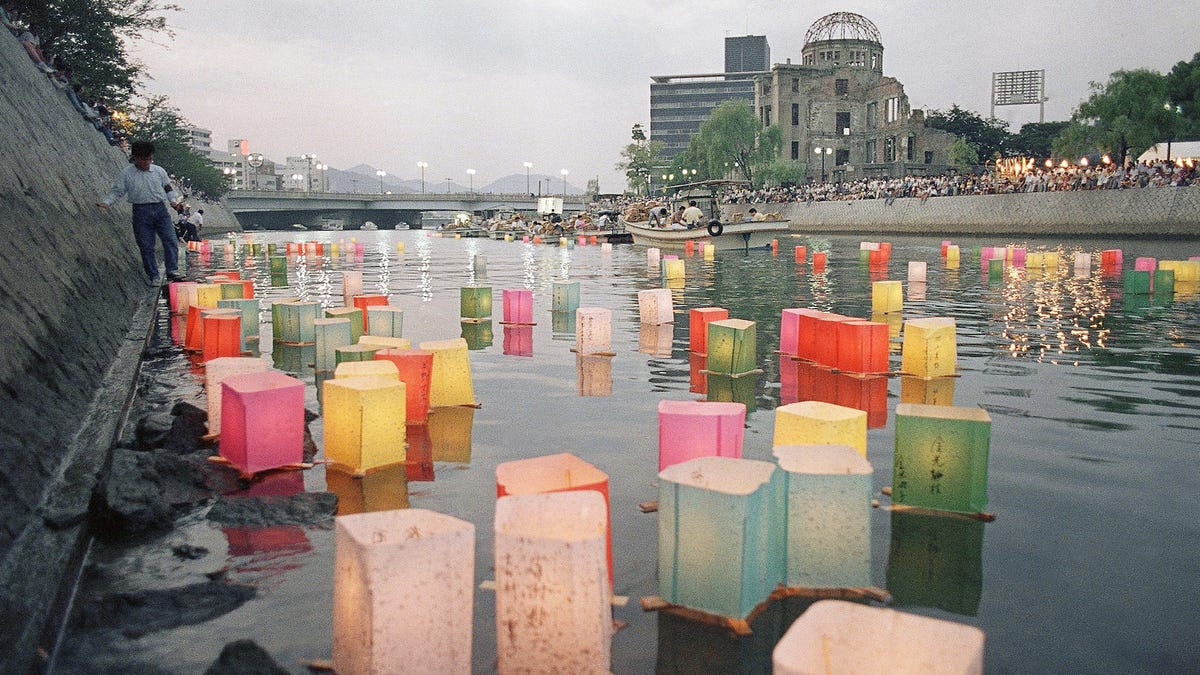Wow, really?
Well, by August 1945 Japan had already built over 6,000 of a planned 11,000 boat fleet of Shin'yō suicide boats. Rather simple, they were to fire their 2 rockets during the approach, then ram into ships and detonate their 600 pound warhead.
Then the over 800 MXY-7 Ohka jet powered suicide aircraft, commonly called "Bakka Bombs".
And there were other aircraft being built for suicide missions, including the wood bodied Nakajima Ki-115 which did not even have landing gear. They had only started the production of them in August when the war ended, but it was expected that from 4,000-6,000 a month would have been built quickly, as they were a simple craft to build, and had been designed to accept engines from almost any fighter or light bomber in the Japanese inventory. All spare motors in Army and Navy inventories were already being shipped to the factories for this when the war ended.
But yes, Japan did indeed have thousands of suicide boats. And was quickly ramping up production of Koryu class submarines. Only around 100 were completed at the time of the surrender, but over 200 partially completed hulls were found in shipyards around the country.
This was a drydock near Hiroshima, filled with I-16 class Koryu suicide submarines being inspected after the surrender.


